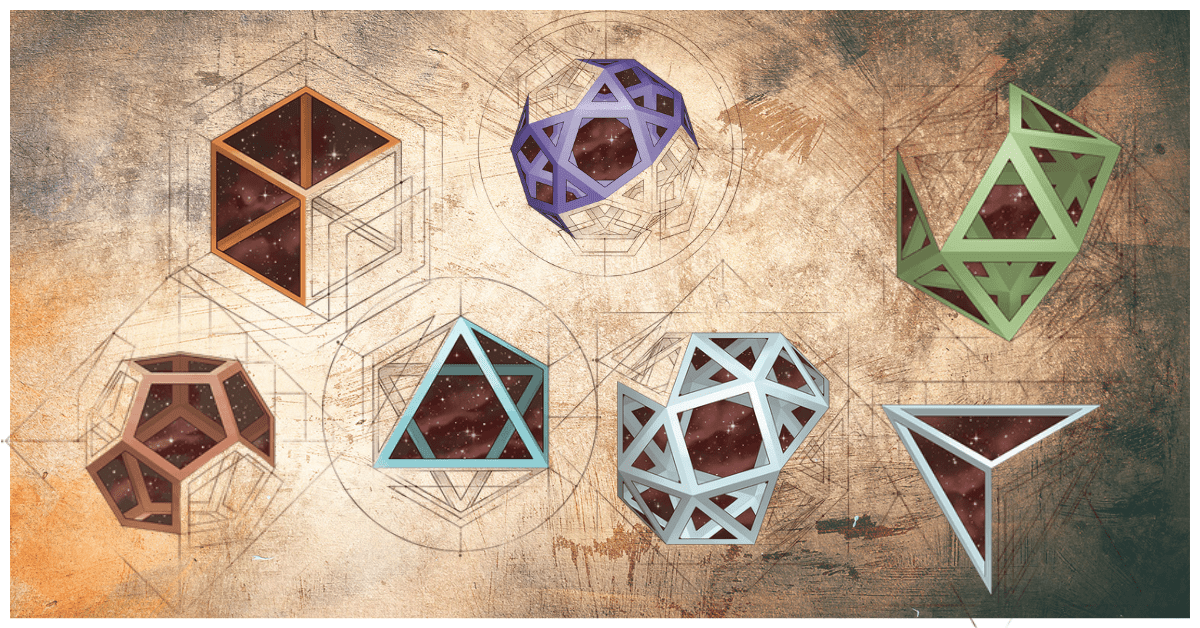Moondogs unveils NFT Marketplace, confirms partnership with LFGSwap
Here’s what Ethereum co-founder Vitalik Buterin and Binance CEO CZ have to say about the controversial but fundamentally important topic of DAO governance.
Ethereum’s Vitalik, Binance CEO CZ Comment on DAOs
Decentralized Autonomous Organizations (DAOs) was created as a replacement for centralized, top-down corporate governance. DAOs can be difficult to define – some say Bitcoin is the only “true” DAO, others say Etherum’s The DAO was one of the first practical DAOs, and others have different views on the potential advantages and disadvantages of DAOs in theory and in reality.
Here’s what two prominent crypto figures, Ethereum co-founder Vitalik Buterin and Binance CEO Changpeng Zhao (CZ) have to say about this fundamental question.
Buterin was an early vocal proponent of DAO-based governance, and remains so to this day. He recently posted a blog post on the topic, titled “DAOs are not corporations: where decentralization in autonomous organizations matters.”
In his blog, Buterin refers to three types of situations where decentralization is key. They are:
- Decentralization to make better decisions in concave environments: This is where pluralism and even naïve forms of compromise are likely, on average, to outcompete the kind of coherence and focus that comes from centralization.
- Decentralization for censorship resistance: Applications that must continue to function while resisting attacks from powerful external actors.
- Decentralization as credible justice: Applications where DAOs take on nation-state-like functions as basic infrastructure, and so properties such as predictability, robustness and neutrality are valued over efficiency.
Buterin said: “When decisions are convex, decentralizing the decision-making process can lead to confusion and low-quality compromises. But when they are concave, relying on the wisdom of the crowd can provide better answers, and in these cases DAO-like structures with large amounts of different input that go into the decision-making process make a lot of sense.”
Does the entire crypto ecosystem subscribe to Buterin’s thought process? Not surprisingly, no.
prediction: the most successful projects in the long term will resemble companies in both how they plan for expansion and general structure, hierarchy and other methods of organization
— Sisyphus (@0xSisyphus) 7 July 2022
A Forbes contributor, while generally positive on DAOs, said that many DAOs “fall flat in coordination, efficiency, governance and scaling — not surprisingly. Change of this magnitude is difficult to initiate quickly. »
He said: “The DAO dilemma considers this gray area between centralization and decentralization; rather than rushing development or quickly removing existing frameworks, we can approach DAOs through the lens of progressive decentralization—methodically moving from centralized to decentralized governance.”
CZ a DAO Bear?
In an interview last year, Binance CEO Zhao said that DAOs are a great concept, but frankly, there have hardly been any large or successful DAOs.
He added that decentralized organizations are good in concept, but a critical flaw is that their rules must be set from day one: These rules must take all business implications into account; which must be built into the protocol; and it must be bulletproof so that competitors cannot attack the structure easily.
Recently, he further expanded on this view on Twitter:
DAOs
🔸More than 65% of all proposals came from just 10% of DAOs.
🔸60% of DAOs have had three or fewer proposals since inception.— CZ 🔶 Binance (@cz_binance) 3 August 2022
As the world’s largest crypto exchange with the third largest coin by market capitalization (excluding stablecoins), Binance continues to grow as an organization.
A contributor to Seeking Alpha said this growth could make Binance “dangerously large” due to Binance being a centralized entity and blockchain.


